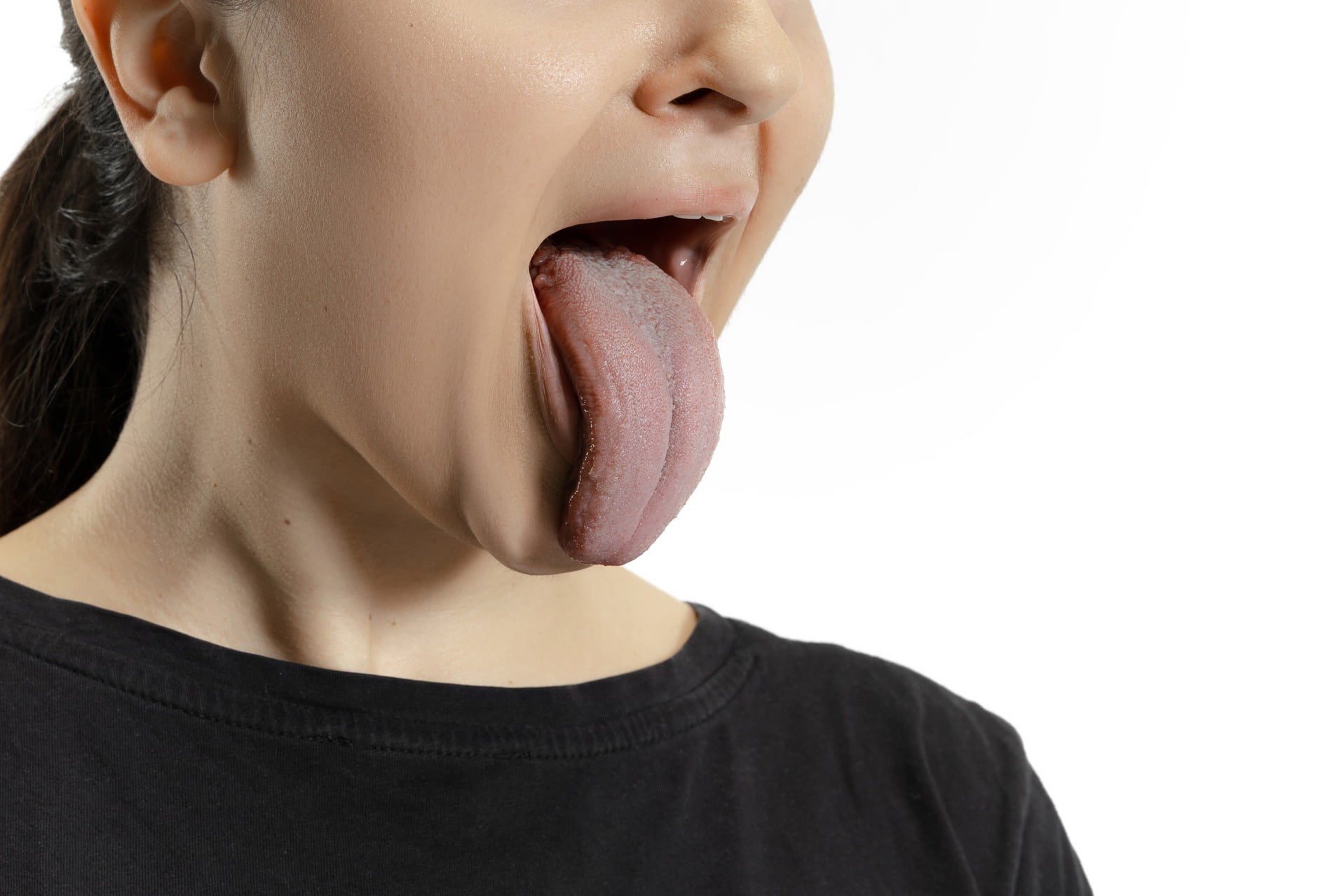In the world of oral care, we often focus on brushing and flossing, but there’s another simple yet powerful practice that often gets overlooked: tongue scraping. This simple act of gently removing bacteria and debris from the tongue’s surface can have a surprising impact on your oral and overall health. Get ready to uncover the hidden gems of tongue scraping and transform your perception of this essential oral hygiene habit.
Table of Contents
- What is Tongue Scraping?
- The Remarkable Benefits
- How Tongue Scraping Works
- Tongue Scraping Side Effects
- Conclusion
What Is Tongue Scraping?
Tongue scraping, a technique originating from ancient Ayurvedic traditions, involves the use of a metal or plastic tool designed explicitly for cleaning the surface of the tongue. The process entails gently gliding the scraper from the back to the front of the tongue, eliminating residue, bacteria, and toxins accumulated on its surface.
The Remarkable Benefits
Tongue scraping is not just a simple oral hygiene practice; it’s a powerful tool for promoting overall well-being. Let’s explore the remarkable benefits this simple act can bring to your life.
Enhanced Oral Health
Tongue scraping is like a deep cleaning for your tongue, removing the bacteria and debris that can cause bad breath, plaque buildup, and even gum disease. By keeping your tongue clean, you’re reducing your risk of these dental problems and keeping your mouth feeling fresh and healthy.
According to a journal in National Library of Medicine, tongue scraping significantly reduces plaque counts after 10 days and also after 21 days when performed along with tooth brushing. Thus, in the present study, these simple tongue cleaning procedures emerged as effective adjunctive oral hygiene measures.
Improved Sense of Taste
A clean tongue means a keener sense of taste. By removing the layer of bacteria and debris, tongue scraping allows your taste buds to work their magic, boosting your ability to savor and enjoy flavors with newfound intensity.
Holistic Health Benefits
Tongue scraping isn’t just about your mouth; it can also benefit your overall health. Some believe that tongue scraping helps remove toxins that accumulate in your mouth overnight, preventing them from being reabsorbed into your body. This aligns with holistic approaches to health that emphasize detoxification and reducing the burden on your immune system.
How Tongue Scraping Works
Our tongue may contain a surprising amount of bacteria and leftover food particles. This buildup, known as biofilm, can lead to mouth problems and even inflammation throughout the body. Tongue scraping is a simple yet effective way to remove this biofilm, keeping our mouths fresh and our bodies healthier. By gently scraping the tongue, we remove bacteria, dead cells, and food particles, preventing them from re-entering our bloodstream.
The Technique: A Step-by-Step Guide
- Select a Tongue Scraper: Choose a scraper made of stainless steel or copper for durability and effectiveness.
- Position the Scraper: Hold the ends of the scraper and gently place it at the back of the tongue.
- Scrape Gently: With light pressure, glide the scraper from back to front, covering the entire tongue surface.
- Repeat as Needed: Rinse the scraper and repeat the process 5-10 times, ensuring thorough cleaning.
To reap the full benefits of tongue scraping, consider integrating it into your morning oral hygiene routine. After brushing your teeth, spend a few minutes gently scraping the tongue, making it an essential part of maintaining oral health.
Tongue Scraping Side Effects
While tongue scraping is generally safe and effective when done correctly, there are a few things to keep in mind to avoid any unpleasant side effects:
Aggressive Scraping
Excessive or aggressive scraping of the tongue can cause irritation or minor injuries to the tongue’s surface. This might result in discomfort, slight bleeding, or heightened sensitivity.
Gag Reflex
Some individuals may experience a gag reflex when scraping their tongues, particularly if they’re new to the practice or have a sensitive gag reflex. This can make tongue scraping uncomfortable for them.
Over-Scraping
Scraping the tongue excessively or too frequently might disturb the natural flora of the tongue, potentially leading to dryness or irritation. It’s essential to strike a balance and not overdo the scraping.
Allergic Reactions
In rare cases, individuals might have an allergic reaction to the materials used in tongue scrapers, especially if they have sensitivities to metals or certain plastics. This can manifest as oral irritation or an allergic response. To minimize the likelihood of side effects, it’s crucial to use a gentle scraping motion, avoiding excessive pressure or harsh movements. Choose a tongue scraper made of materials that suit your preferences and potential sensitivities.
Conclusion
Tongue scraping is a simple yet powerful practice that can have a profound impact on your oral and overall health. By gently removing bacteria, debris, and toxins from your tongue, you can enjoy fresher breath, a keener sense of taste, and enhanced overall well-being. Incorporate tongue scraping into your daily oral hygiene routine and experience the remarkable benefits for yourself.
To experience the transformative power of tongue scraping, visit Eastman Dental Group today. Our experienced team will guide you through the proper technique and provide personalized advice to ensure you reap the full benefits of this ancient practice.
